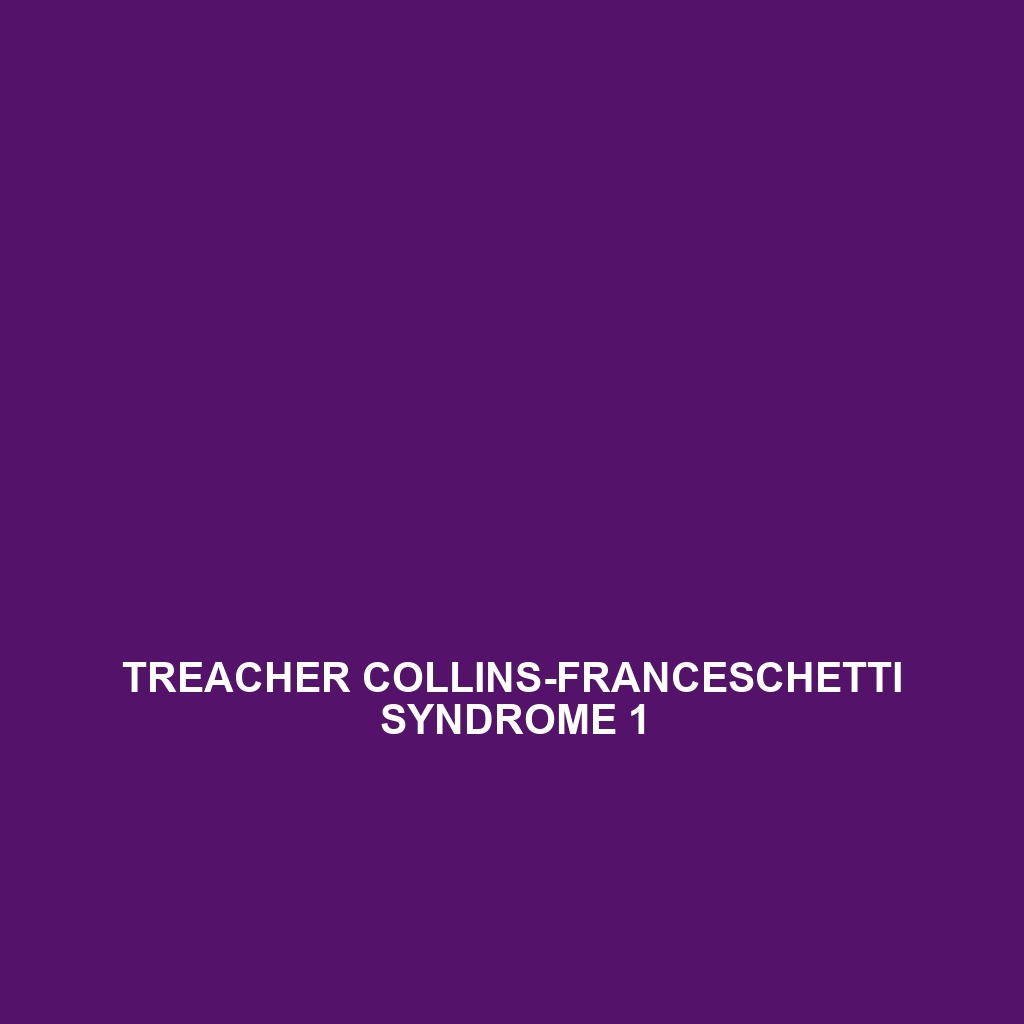Tag: speech therapy
Speech and Language Development
Speech and Language Development: Definition and Description of Speech and Language Development: Speech and language development refers to the process by which children learn to communicate effectively through spoken language and other forms of communication. This development typically follows a predictable pattern, beginning with cooing and babbling in infancy, progressing to single words, and eventually…
Managing Eating Problems After a Stroke
Managing Eating Problems After a Stroke Definition and Description of Managing Eating Problems After a Stroke Managing eating problems after a stroke refers to the set of challenges that stroke survivors may face when attempting to eat and drink. These challenges can range from difficulty swallowing (dysphagia) to loss of appetite and changes in taste.…
Hypotonia-Hypomentia-Hypogonadism-Obesity Syndrome (HHHO)
Hypotonia-Hypomentia-Hypogonadism-Obesity Syndrome (HHHO) Definition and Description of Hypotonia-Hypomentia-Hypogonadism-Obesity Syndrome (HHHO) Hypotonia-Hypomentia-Hypogonadism-Obesity Syndrome (HHHO) is a rare genetic disorder characterized by a triad of symptoms: hypotonia (decreased muscle tone), hypomentia (reduced cognitive abilities), and hypogonadism (underdeveloped reproductive organs), in addition to obesity. This condition often results in significant developmental delays and physical challenges, requiring multidisciplinary care.…
